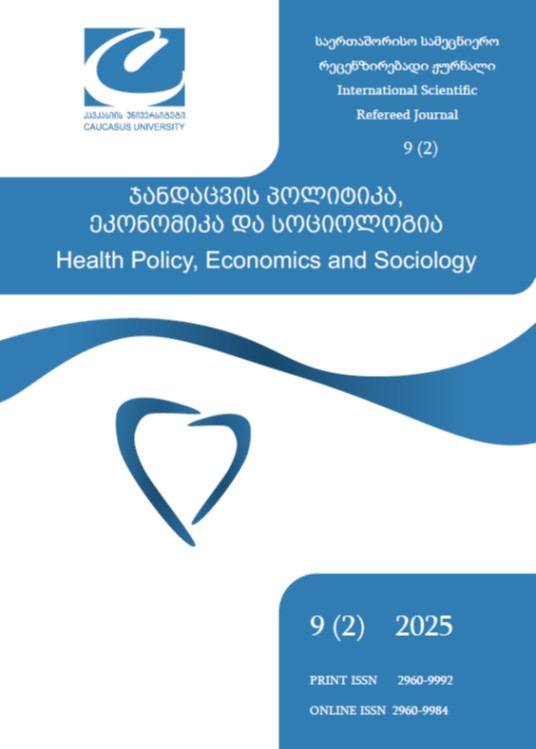Dilated cardiomyopathy and coagulation factor VIII deficiency as a rare genetic combination
DOI:
https://doi.org/10.52340/healthecosoc.2025.09.02.06Keywords:
pulmonary embolism, genetic diseases, hemophilia, Genetic dilated cardiomyopathyAbstract
Genetic dilated cardiomyopathy and hemophilia are two distinct diseases. Mutations in various genes, including TTN, LMNA, and other coding proteins, play a central role in the pathogenesis of dilated cardiomyopathy. On the other hand, hemophilia is a genetically determined blood clotting disorder in which the main role is assigned to the deficiency of factors VIII or IX (hemophilia A and B). Therefore, the diagnosis and management of both diseases largely depend on genetic screening and molecular studies. The simultaneous occurrence of dilated cardiomyopathy (DCM) and hemophilia is extremely rare. Our clinical case reviews the genetic characteristics, associated complications, diagnostic approaches, clinical significance, and therapeutic strategies of both conditions.
References
• Myers, M. C., Wang, S., Zhong, Y., Maruyama, S., Bueno, C., Bastien, A., ... & Golchin, N. (2024). Prevalence of Genetically Associated Dilated Cardiomyopathy: A Systematic Literature Review and Meta-Analysis. Cardiology Research, 15(4), 233.
• Hirayama, A. B., da Silva, A. K. C., Rocha, J. S., & Roberti, M. D. R. F. (2019). Prevalence of symptoms in hemophilia carriers in comparison with the general population: a systematic review. Hematology, Transfusion and Cell Therapy, 41(4), 349-355.














